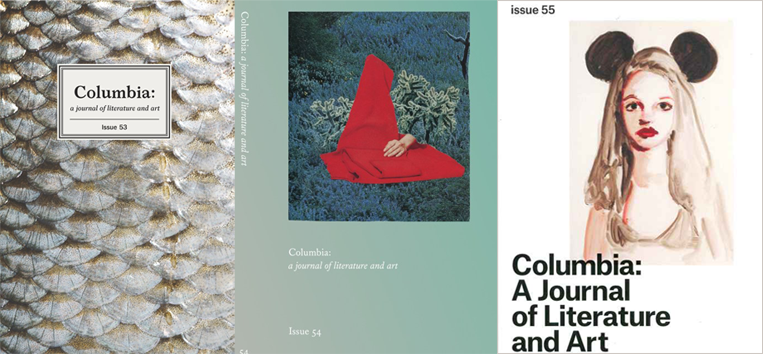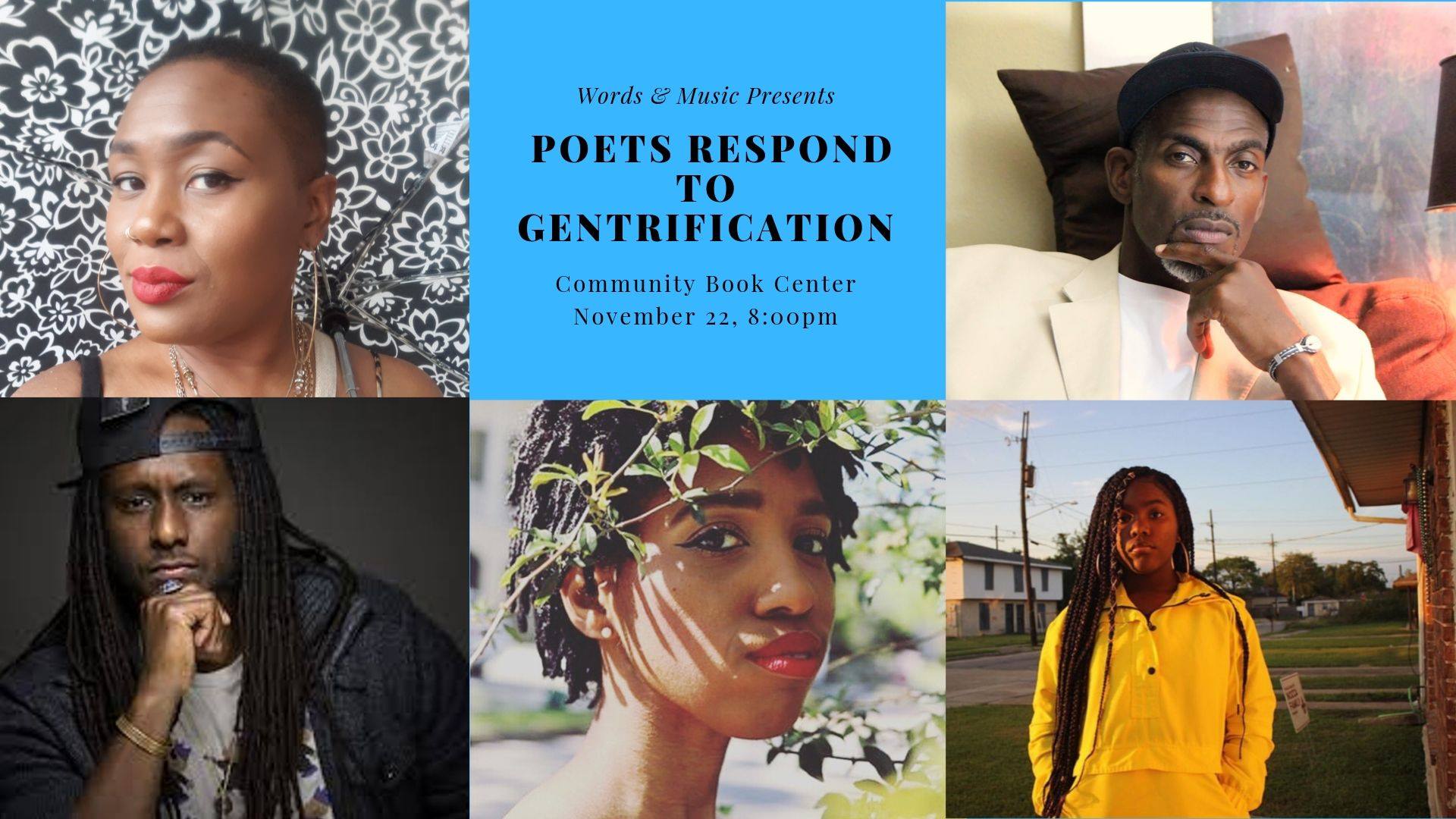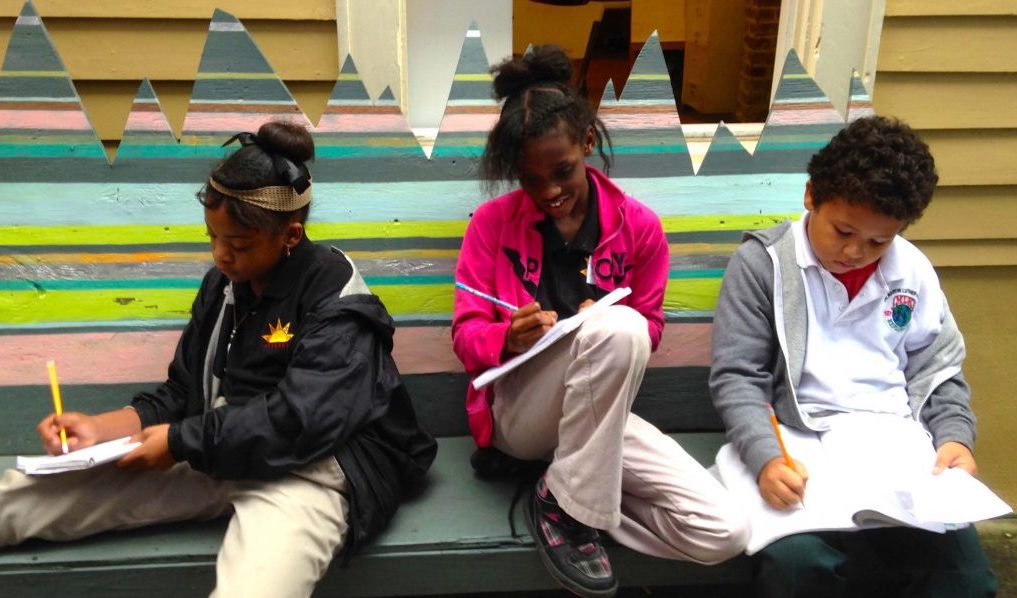Deadline Approaches for Columbia Journal’s Winter Contest
Submissions are currently open for Columbia Journal’s 2019 Winter Contest, which features awards for poetry, fiction, and nonfiction. One winner in each genre will receive a $1,000 cash prize and publication in Columbia Journal in spring 2020. At least two runners-up will also be selected and announced for each category.
Using only the online submission system, submit a cover letter and up to five poems totaling no more than five pages or a piece of prose of up to 5,000 words with a $15 entry fee by December 15. Ruth Madievsky, Ottessa Moshfegh, and Ada Calhoun will judge for poetry, fiction, and nonfiction, respectively. Visit the website for complete guidelines.
Founded in 1977, Columbia Journal is edited by students in the Columbia University School of the Arts MFA program. The journal, which publishes a print edition every spring and online content throughout the year, seeks to “showcase the best poetry, nonfiction, fiction, translation, and visual art.” Previous issues have featured Raymond Carver, Joyce Carol Oates, and Sharon Olds, among others.









